Kim Jong-kil expressed pride in his 27-year-old dog meat farm, but Son Won-hak, another dog meat farmer, said he was increasingly ashamed of the profession.
Kim Jong-kil, 57, approaches rusty cages at his farm in Pyeongtaek, south of Seoul. He opens the cages and strokes a dog’s neck and chest, expressing pride in the farm that has been his family’s livelihood for 27 years. He plans to pass the business on to his children.
Eating dog meat is a centuries-old custom on the Korean peninsula. It has long been considered a source of energy during the hot summer months. But a growing number of South Koreans want the government to ban dog meat, citing growing concerns about animal rights and the country’s international image.
"South Korea is a cultural powerhouse in the eyes of foreigners. As culture boosts our country's international standing, foreigners are even more shocked by the issue of dog meat consumption," said Han Jeoun-ae, a lawmaker who submitted a bill to ban the dog meat industry last month.
But the bill’s prospects for passage are unclear, with livestock farmers and restaurant owners strongly opposed. Although most Koreans no longer eat dog meat, polls show that one in three oppose the government’s move to ban it.
Faced with pressure from politicians and activists, Kim Jong-kil expressed his displeasure. "It's terrible, I completely oppose such moves. We will mobilize all means to protest," he said.
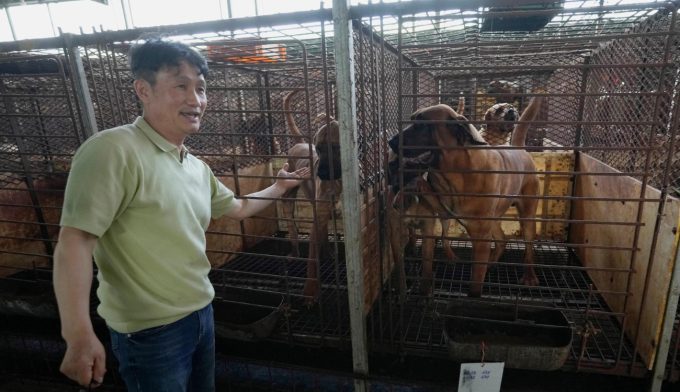
Kim Jong-kil next to a dog kennel at a farm south of Seoul. Photo: AP
Dog meat is also consumed in China, Vietnam, Indonesia, North Korea, and several African countries, including Ghana, Cameroon, Congo, and Nigeria. But the issue of dog meat in South Korea has received the most international attention, as it is the only country with industrial-scale dog meat farms, most of which have more than 500 dogs.
Mr. Kim's farm is one of the largest in the country, with more than 7,000 animals and appears relatively clean, although some areas "smell strongly," according to a reporter for the American news agency AP .
The dogs are kept in cages and fed scraps and ground chicken. They are rarely let out for exercise and are usually sold for meat within a year of birth. Kim’s two children, 29 and 31, run the farm with him. Business is good.
Mr Kim said dogs raised for meat were "different from pets", a view disputed by activists.

Members of a dog breeders' association protest in Seoul, South Korea, April 25. Photo: AP
Dog meat is now hard to find in the capital Seoul, but is still widely available in rural areas.
“Income is only a third of what it used to be. Young people don’t come, only old people come for lunch,” said Yoon Chu-wol, 77, who runs a dog meat restaurant in Seoul’s Kyungdong Market. “I used to tell my elderly customers to come more often before the dog meat was banned.”
In addition to public pressure, dog farm owners are also facing increased scrutiny from the government. They complain that officials have made repeated visits to their farms in response to multiple reports of animal abuse. In just four months, Kim’s farm has received more than 90 complaints.
Son Won-hak, head of the Korea Dog Breeders Association, said many farms have closed in recent years as demand and prices for dog meat have declined. He blamed campaigns by activists and media that “unfairly focused on poorly run farms.” But some observers say the decline in dog meat consumption is simply due to young people turning away from the meat.
“Honestly, I want to quit tomorrow. We can’t confidently tell our children and grandchildren that we are raising dogs for meat,” he said. “A lot of my friends call me, saying, ‘Hey, you’re still running a dog farm? Isn’t that illegal?’”
The association estimates that the number of dog farms has halved from a few years ago to between 3,000 and 4,000. Between 700,000 and 1 million dogs are slaughtered each year, down from several million 10 to 20 years ago. But many activists say the association exaggerates the numbers, suggesting the industry is too big to be wiped out.
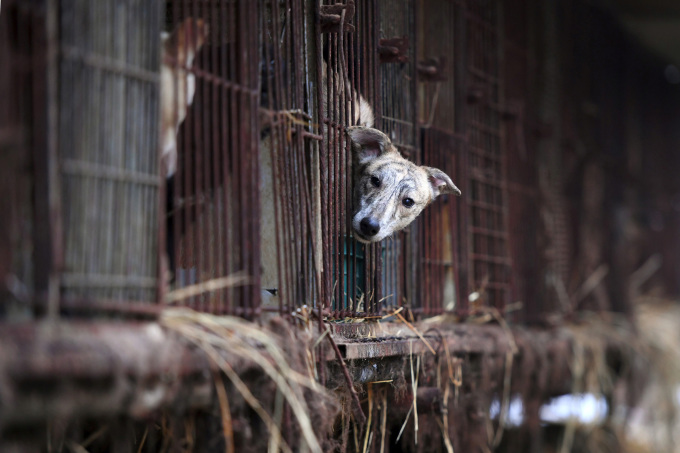
Dogs at a meat farm in Namyangju, on the outskirts of Seoul, in November 2017. Photo: AFP
In late 2021, South Korea formed a committee to consider banning dog meat, including animal rights activists and dog farmers. The committee has met more than 20 times, but has not reached any agreement.
Agriculture officials declined to reveal details of the closed-door meetings and said the government wanted to end dog meat consumption based on public consensus.
In April, when First Lady Kim Keon-hee publicly supported a ban on dog meat, many farmers staged protests, accusing her of hurting their livelihoods. Meanwhile, Han praised influential people for speaking out against the dish.
Han said that her bill includes support for livestock farmers who agree to close their farms. They will receive subsidies to dismantle their facilities and receive vocational training and job support.
Meanwhile, Ju Yeong-bong, a member of the livestock association, said farmers want to continue operating for about two decades, until their main customer group, the elderly, dies. “Let the industry disappear naturally,” he said.
Duc Trung (According to AP )
Source link







![[Photo] Visiting Cu Chi Tunnels - a heroic underground feat](https://vstatic.vietnam.vn/vietnam/resource/IMAGE/2025/4/8/06cb489403514b878768dd7262daba0b)


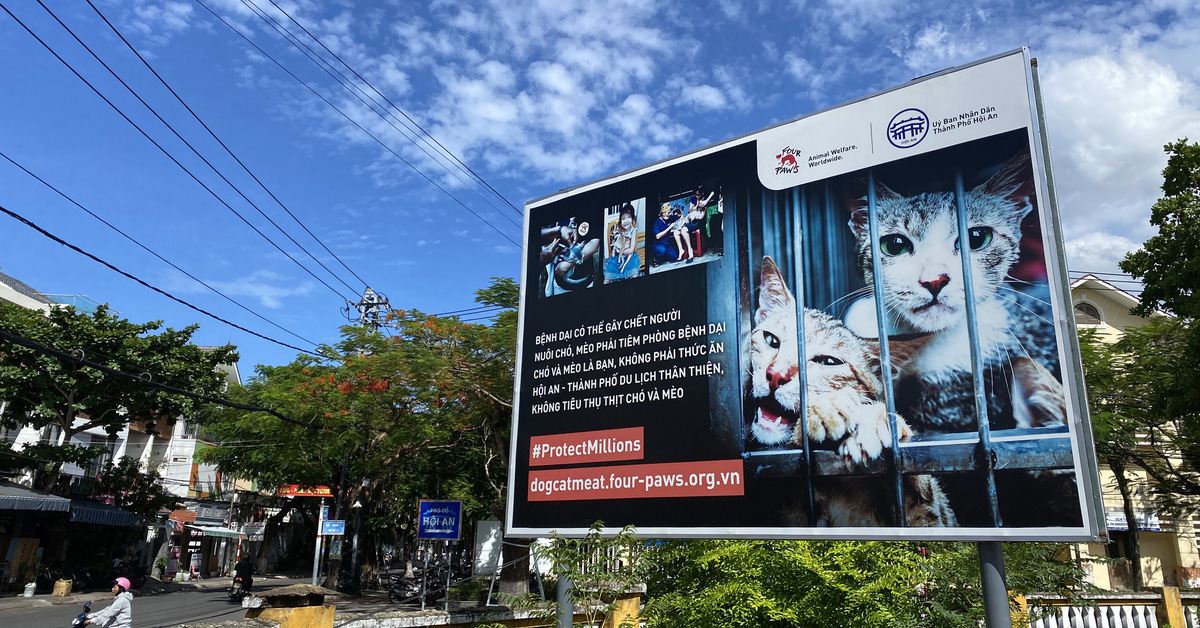

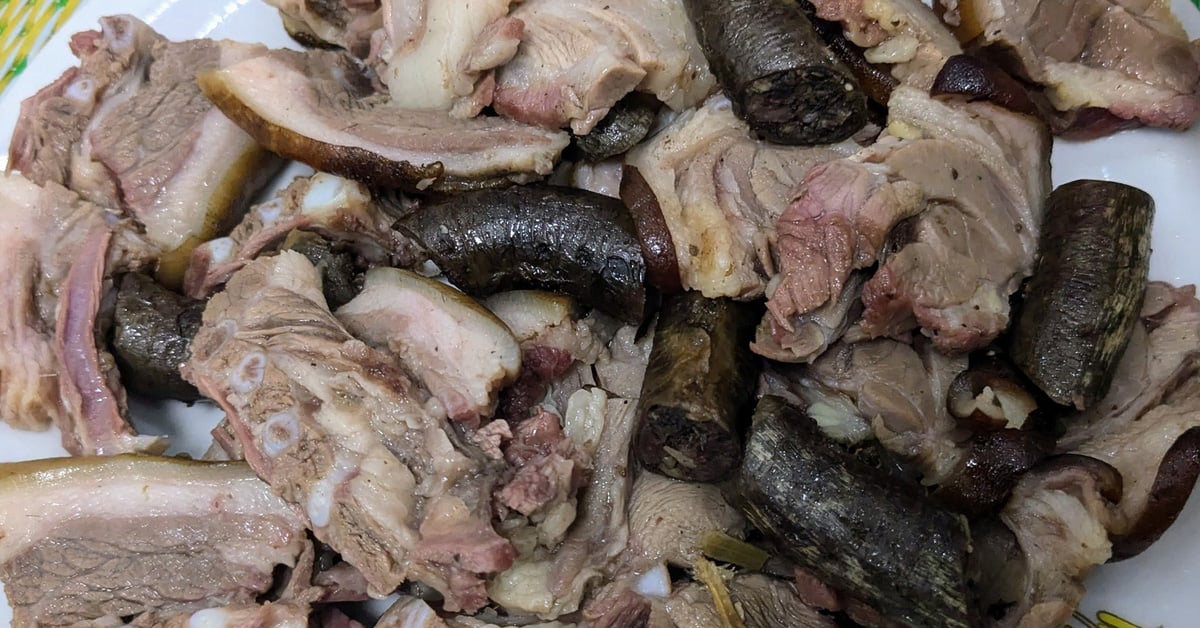


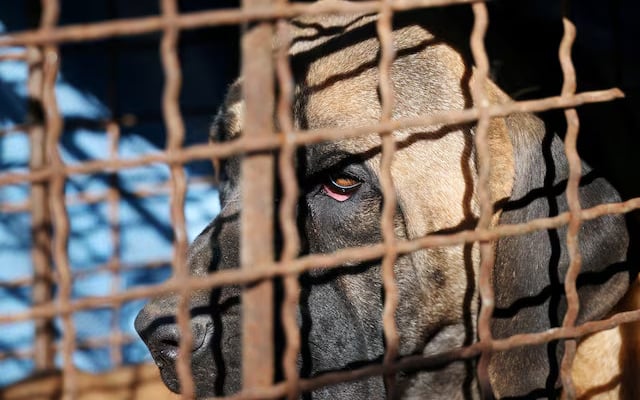

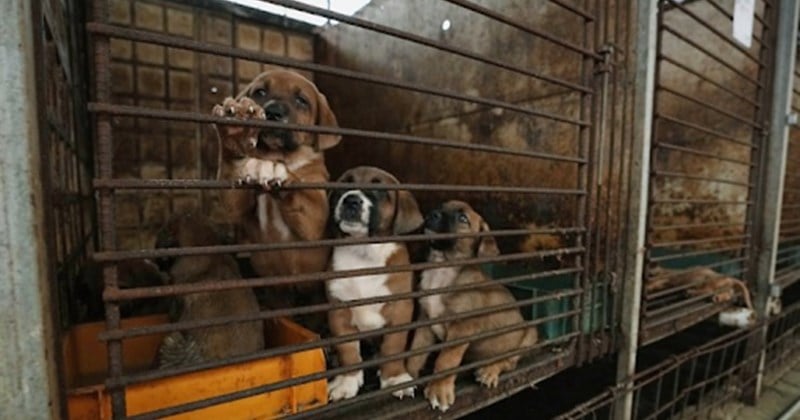























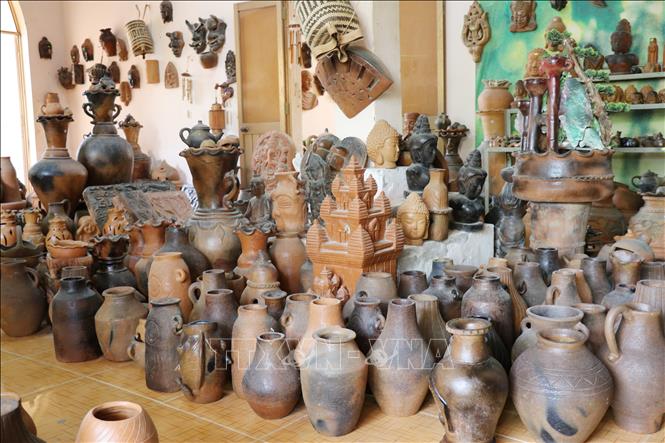























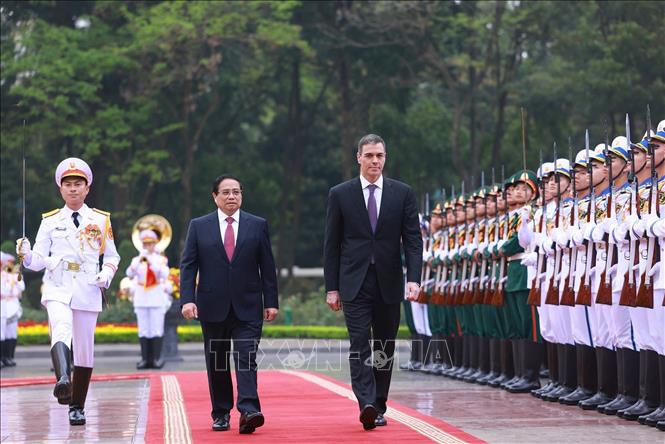









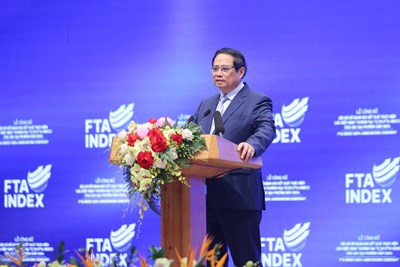













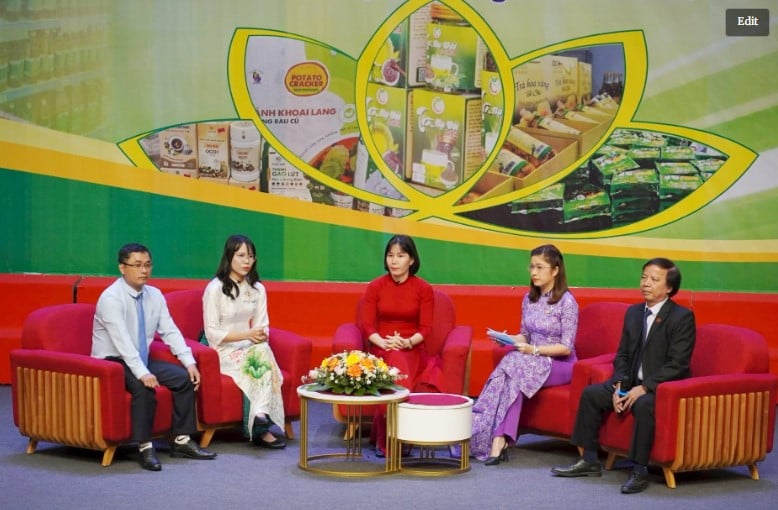

Comment (0)